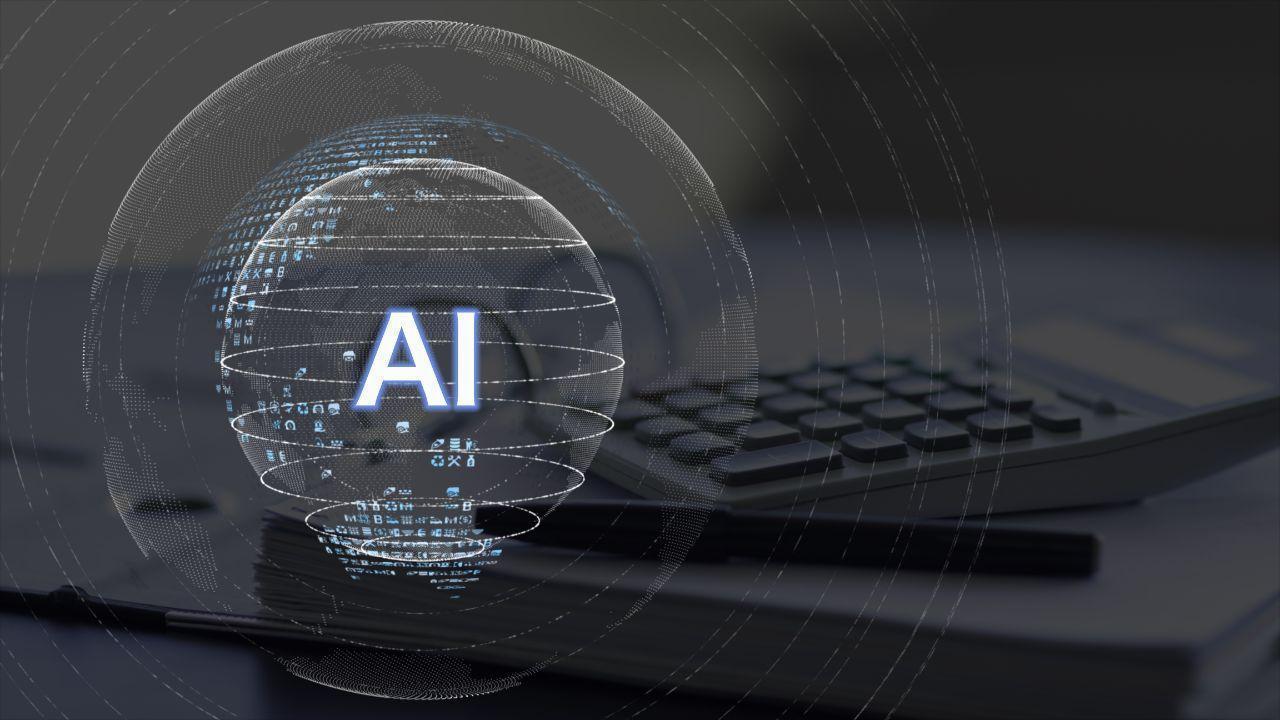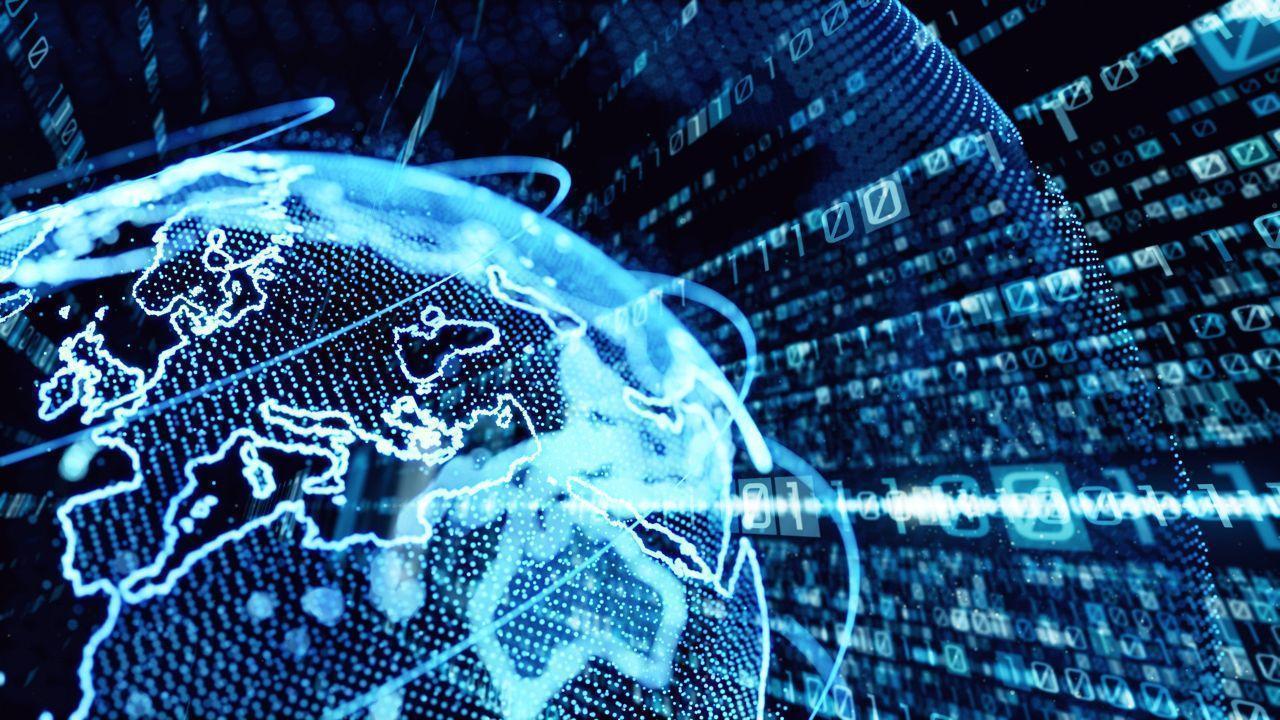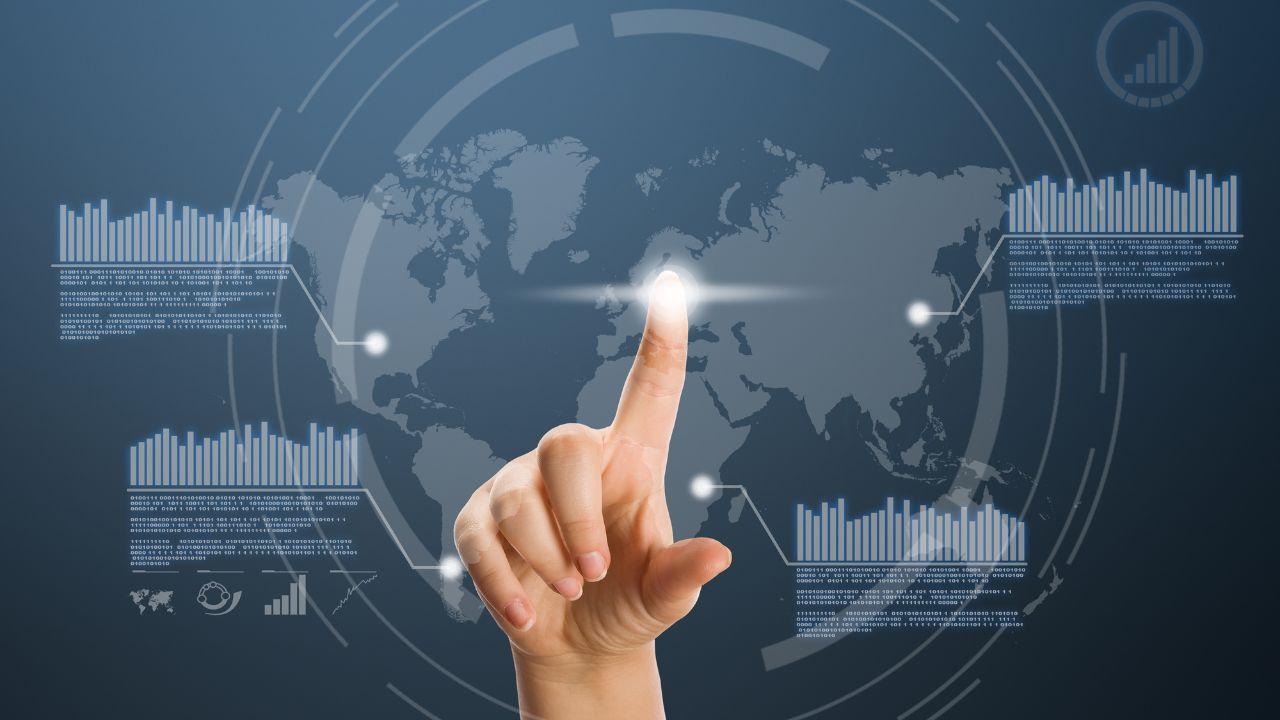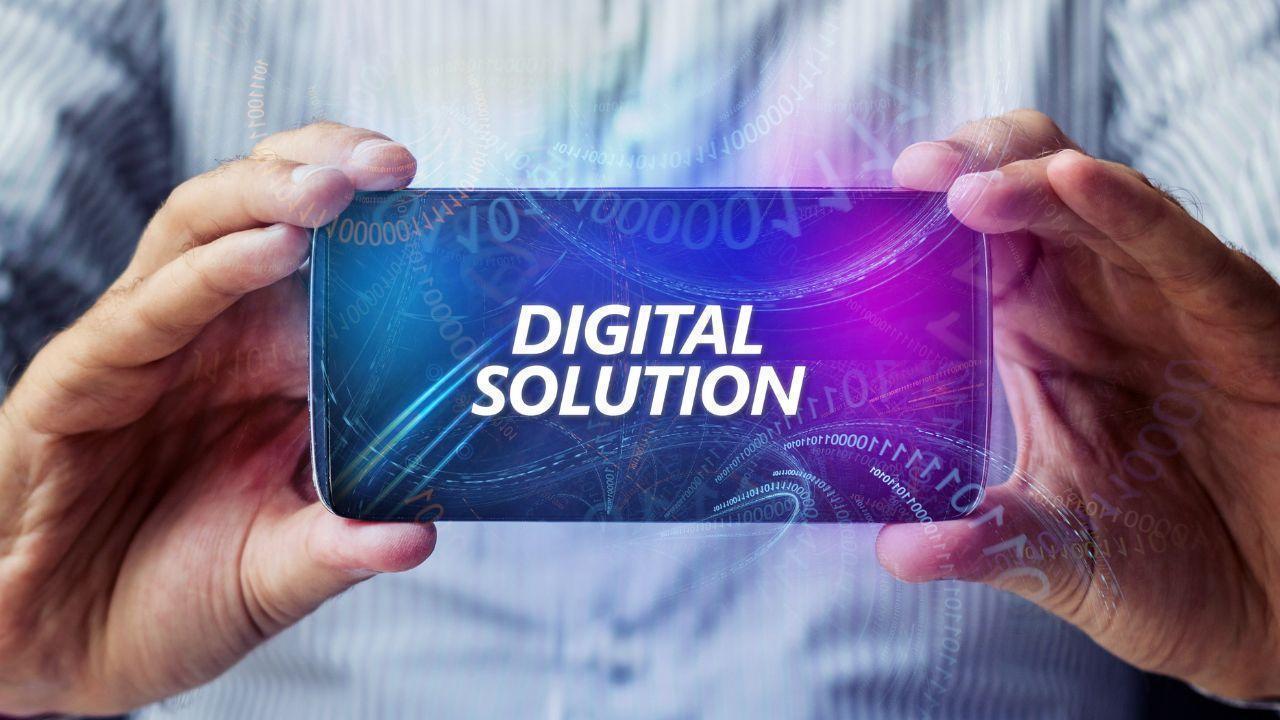
Post by : Vansh Kumar
Artificial Intelligence (AI) has evolved from a theoretical concept to a driving force in the modern world. Once confined to research labs and speculative discussions, AI is now shaping industries, transforming daily life, and redefining what is possible. The journey of artificial intelligence from concept to reality illustrates the immense potential of AI technology to enhance efficiency, create opportunities, and solve complex global challenges.
AI’s origins date back to the mid-20th century, when researchers first explored the idea of machines capable of mimicking human intelligence. Early AI systems were limited to rule-based programming and simple problem-solving. However, advances in machine learning, neural networks, and natural language processing have propelled AI into the mainstream.
Today, AI can analyze massive datasets, recognize patterns, predict outcomes, and even learn autonomously. These machine minds are not just theoretical constructs—they are practical tools driving change in healthcare, finance, transportation, education, and countless other sectors.
One of the most significant examples of AI in action is in healthcare. AI-powered diagnostic tools can analyze medical images, detect anomalies, and provide early warnings for conditions such as cancer, diabetes, and cardiovascular diseases. Predictive analytics allow healthcare providers to anticipate patient needs, optimize treatment plans, and improve outcomes.
Additionally, AI is transforming drug discovery. Algorithms can analyze molecular structures, predict chemical interactions, and identify potential candidates for new medications faster than traditional methods. Telemedicine and AI-driven virtual assistants are making healthcare more accessible, allowing patients to receive guidance and monitoring remotely.
The financial sector has embraced AI technology to enhance decision-making, detect fraud, and optimize investment strategies. Machine learning models analyze market trends, customer behavior, and transaction patterns to provide real-time insights.
Banks and fintech companies are also using AI-powered chatbots to handle customer queries, provide personalized recommendations, and improve user experiences. Risk assessment and credit scoring are now more precise, allowing financial institutions to make informed lending and investment decisions. The result is a financial ecosystem that is faster, more secure, and increasingly customer-centric.
Transportation is another industry experiencing transformative change due to artificial intelligence. Autonomous vehicles leverage AI to navigate complex environments, avoid collisions, and optimize routes. Traffic management systems powered by AI reduce congestion, improve safety, and enhance public transit efficiency.
Logistics companies use AI to predict delivery times, manage fleet operations, and streamline supply chains. These applications demonstrate how AI technology is enabling safer, more efficient, and more sustainable mobility solutions.
Education is being redefined through AI-driven solutions. Digital learning platforms powered by AI analyze student performance, adapt content delivery, and provide real-time feedback tailored to individual needs. This personalized approach ensures that learners receive the support and challenges they need to excel.
Teachers also benefit from AI by automating administrative tasks, monitoring student progress, and identifying learning gaps. By integrating artificial intelligence into classrooms, educators can foster creativity, critical thinking, and problem-solving skills, preparing students for the demands of the 21st century.
Across industries, AI in action is driving operational efficiency, innovation, and competitive advantage. Manufacturing companies use AI-powered robots for precision assembly, quality control, and predictive maintenance. Retailers leverage AI to forecast demand, optimize inventory, and personalize marketing strategies.
AI is also transforming human resources, enabling smarter recruitment through candidate screening, sentiment analysis, and employee performance tracking. Businesses that adopt AI technology are better equipped to innovate, scale, and respond to market changes effectively.
Despite its potential, the deployment of AI comes with challenges. Issues such as algorithmic bias, data privacy, cybersecurity, and job displacement require careful attention. Ethical frameworks and regulatory policies are essential to ensure responsible AI usage that aligns with societal values.
Organizations must prioritize transparency, accountability, and inclusivity when implementing AI solutions. Artificial intelligence should enhance human life and decision-making, not replace it or introduce unintended harm.
Beyond practical applications, AI is accelerating scientific research and technological innovation. From climate modeling to space exploration, AI algorithms analyze complex datasets, identify patterns, and generate insights that humans might overlook.
For example, AI is helping researchers develop new materials, optimize energy consumption, and predict environmental impacts. These applications highlight the role of AI technology as a catalyst for discovery, allowing humans to tackle complex problems with unprecedented speed and accuracy.
The future of AI promises deeper integration into daily life and industry. Emerging technologies such as generative AI, quantum computing, and edge AI will enable more sophisticated decision-making, creative problem-solving, and personalized services.
As machine minds continue to evolve, humans will increasingly collaborate with AI systems, combining computational power with creativity, empathy, and judgment. This partnership will unlock new opportunities, drive innovation, and reshape economies, societies, and individual experiences.
This article is intended for informational and educational purposes only. It provides insights into the applications and impact of artificial intelligence across industries. Readers are encouraged to verify information and seek professional guidance as needed. GCC news network is not responsible for any actions or decisions taken based on this content.
#trending #latest #AIInAction #ArtificialIntelligence #FutureOfAI #TechInnovation #SmartTechnology #AIRevolution #DigitalTransformation #MachineLearning #AIImpact #IntelligentSystems #GCCNews #GCCUpdates #GCCTech #GCCInnovation #ArabWorldNews #GCCTrends #DigitalGCC #GCCBusiness #GCCFuture #GCCTechnology #GCCInsights










NMDC Group And ADNOC L&S Sign Three-Year Deal For Offshore Work
NMDC Group and ADNOC Logistics & Services sign a three-year deal to deliver maritime services for of

Six Miners Trapped After Earthquake Hits Coal Mine In China
A mining-related earthquake struck a coal mine in Heilongjiang, China, trapping six miners undergrou

Train Collides With Bus In Mexico Killing 10 And Injuring Many
At least 10 dead and 41 injured after a train hit a bus at a rail crossing in Mexico. Authorities co

UAE Olympic Football Team Qualifies For AFC U-23 Asian Cup Finals
UAE Olympic football team qualifies for AFC U-23 Asian Cup finals in Saudi Arabia despite 3-2 loss t

Apple Launches iPhone Air With Thinnest Design & Pro Performance
Apple unveils the new iPhone Air, its thinnest model with pro performance, multiple colors, large st

Al Wakrah Wins French Arabian Breeders’ Challenge Sprint Again
Al Wakrah, trained by Jean de Mieulle, wins French Arabian Breeders’ Challenge Sprint in France, mar